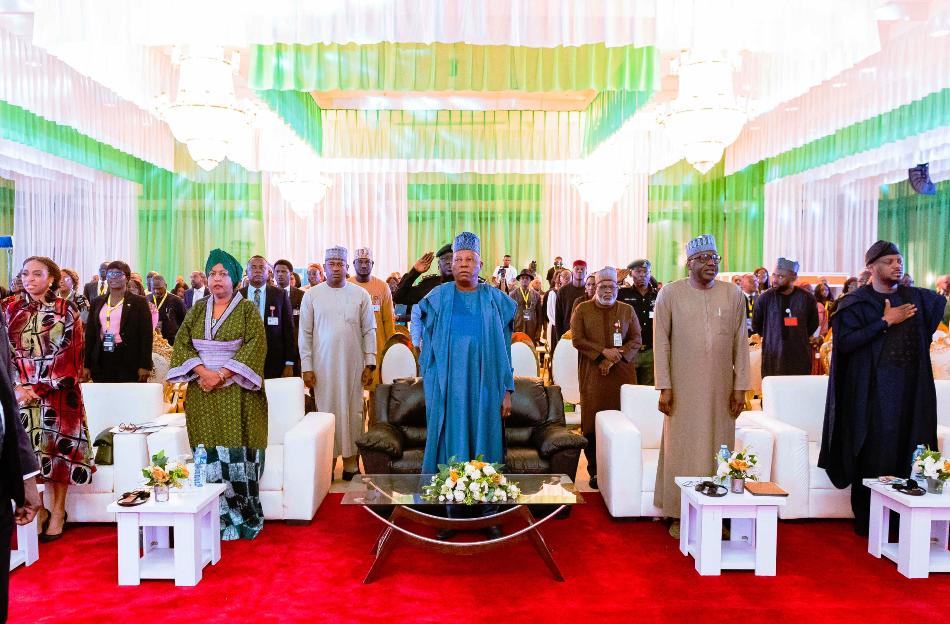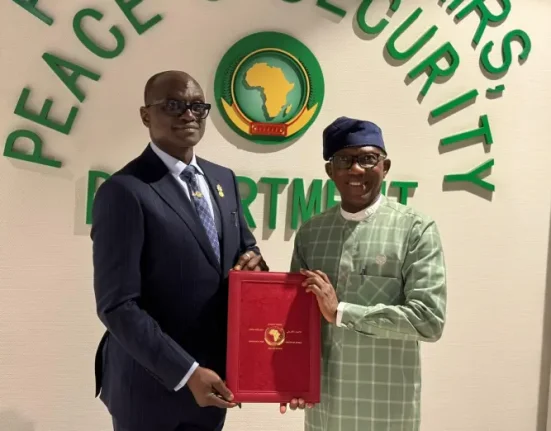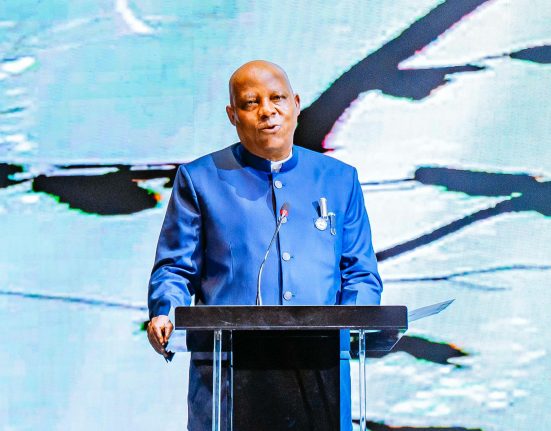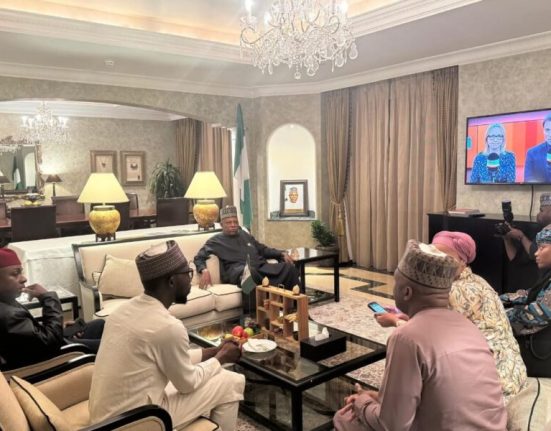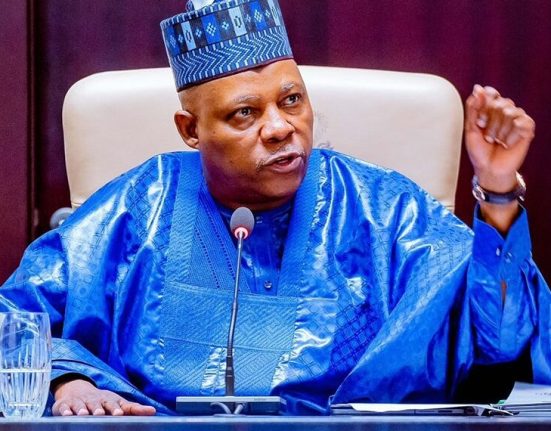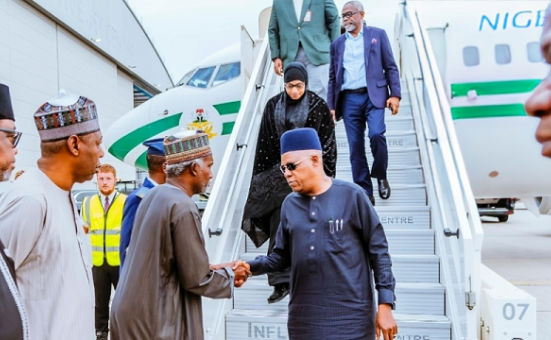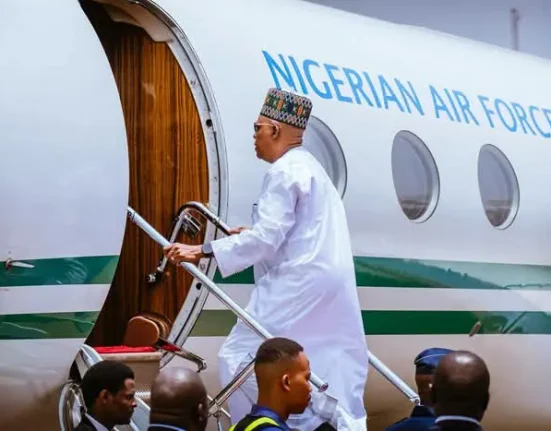ABUJA — Nigeria’s Vice President, Senator Kashim Shettima, has called for the urgent integration of Africa’s vast informal economy into the continent’s formal intra-African trade framework, describing the informal sector as a key driver of sustainable economic growth and regional competitiveness.
The Vice President made this call during the inauguration of the Oversight Committee for Nigeria’s hosting of the 4th African Union (AU) Micro, Small and Medium Enterprises (MSME) Forum, scheduled to take place in Abuja from June 23 to 27, 2025. The forum, convened under the auspices of the African Union Commission, will bring together policymakers, entrepreneurs, and development partners from across the continent to discuss ways to unlock the potential of MSMEs under the African Continental Free Trade Area (AfCFTA).
In his remarks, Shettima highlighted that over 83 percent of Africa’s workforce operates within the informal economy, yet many remain disconnected from the formal structures of trade and finance. He stressed that integrating this sector into intra-African trade mechanisms is essential to achieving inclusive growth, job creation, and the successful implementation of the AfCFTA.
“The informal economy is a powerhouse of innovation, resilience, and enterprise. To unlock Africa’s full economic potential, we must develop frameworks that allow millions of informal operators to participate meaningfully in intra-African trade,” the Vice President stated.
He outlined several ongoing efforts by the Federal Government to promote inclusion, particularly through digital platforms that support MSMEs. These include the establishment of the Technology Export and Digital Trade Desk, the i-DICE initiative (Investment in Digital and Creative Enterprises), and the 3-Million Technical Talent (3MTT) Programme—all aimed at equipping young Nigerians and small businesses with digital tools and global trade access.
Shettima also pointed to Nigeria’s Digital Trade Policy and active participation in the AfCFTA Digital Trade Protocol, noting that these frameworks are laying the groundwork for seamless digital commerce across African borders. According to him, Nigeria’s policy direction is geared towards raising intra-African trade from its current rate of about 18 percent to 50 percent by the year 2030.
The Oversight Committee, inaugurated under his chairmanship, will coordinate logistics, stakeholder engagements, and technical preparations for the AU MSME Forum. The Vice President reaffirmed the Federal Government’s commitment to ensuring that the forum delivers actionable outcomes that support MSME integration, digital inclusion, and sustainable trade partnerships across the continent.
“The success of this forum will be measured by how well we can craft policies and partnerships that bring the informal sector into the heart of Africa’s economic architecture,” Shettima added.
The forum is expected to produce a continental roadmap for MSME support under AfCFTA, with Nigeria leading in discussions around digital trade, innovation hubs, and regional supply chain integration.

